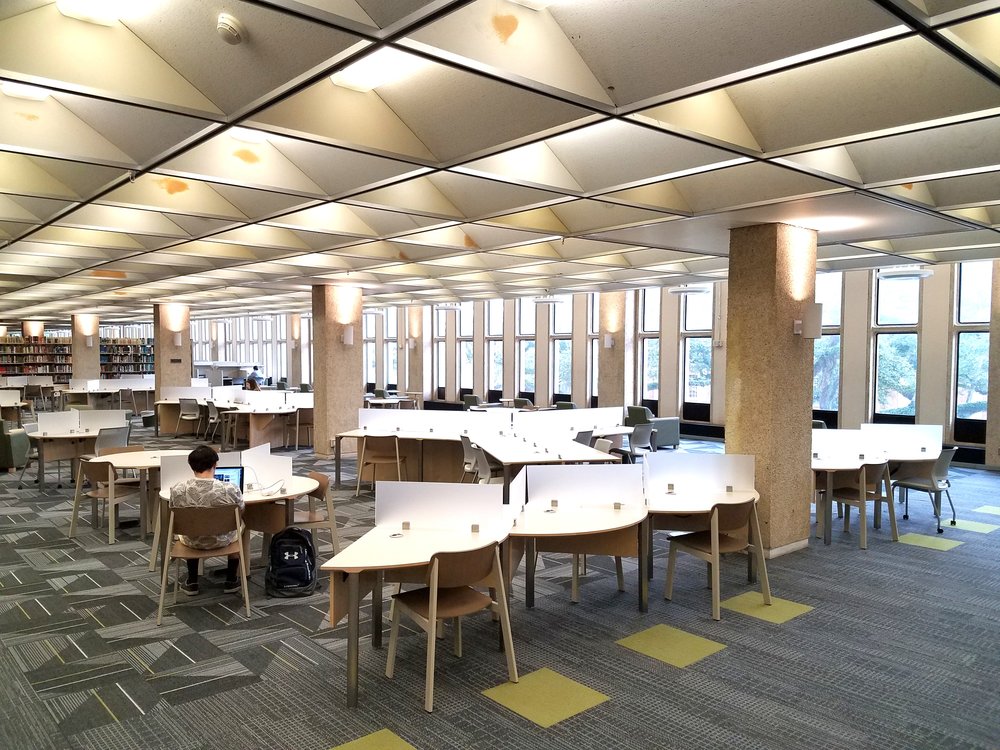
Teach Anywhere
Emergency Campus Closure
If the university experiences an emergency campus closure or you have an unexpected or unforeseen absence, and you find yourself needing to teach remotely, you might refer to these tips for quickly moving from on-ground to an online classroom format.
- Prepare in advance (if possible): Consider addressing emergencies and expectations up front in your syllabus, so students know what will happen if classes are canceled, including procedures you will implement. Consider doing this each semester, so you are ready in case of an emergency.
- Get details about the closure or event: Campus closures or emergencies will be reported at Tulane Emergency so that is a good place to look for information, including estimates of how long you may need to teach your course online.
- Check with your school and/or department: Your school and/or department may issue more details about the situation and guidelines about their expectations for classes. Administrators may want to take a standard approach to school content, so before doing too much planning, check with your school leaders for guidance.
- Communicate with your students right away: Even if you don’t yet have a plan in place, communicate with your students as soon as possible, informing them that changes are coming. Let them know what your expectations are for checking email or Canvas (Tulane’s learning management system).
- Consider realistic goals for teaching from anywhere: As you plan for continuing instruction online, set realistic expectations. You will likely have to make modifications to your course in order to accomplish your primary learning outcomes. Allow yourself flexibility in the delivery and quantity of your remaining course content. You may need to modify the syllabus and course requirements during this period.
- Review your course schedule to determine priorities: Identify your priorities during the disruption — providing lectures, structuring new opportunities for discussion or group work, collecting assignments, etc. What activities are better rescheduled, and what can or must be done online? Give yourself flexibility in that schedule, just in case the situation takes longer to resolve than initially planned.
- Review your syllabus for points that must change: Identify what must temporarily change in your syllabus, such as policies, due dates, or assignments, and communicate those changes to students. Ensure any change you make aligns with Tulane policies set forth by the Registrar’s Office.
- Pick tools and approaches familiar to you and your students: Try to rely on tools and workflows that are familiar to you and your students, introducing new tools only when absolutely necessary. If a closure is caused by a local crisis or an infectious disease outbreak, it may be already taxing everyone’s mental and emotional energy. Introducing new tools and approaches may leave less energy and attention for learning.
- Reset expectations for students: You will have to reconsider some of your expectations for students, including participation, communication, and deadlines. As you think through those changes, keep in mind the impact this situation may have on students’ ability to meet those expectations, including illness, a lack of power or internet connection, or needing to care for family members. Be ready to handle requests for extensions or accommodations equitably.
- Maintain student engagement: In order to maintain and encourage student engagement with the content, frequent, lower-stakes assessments can be used such as short reflection pieces, reading synopses, discussion boards, etc.
- Create a more detailed communications plan: Once you have details about changes in the class, communicate them to students, along with how and when they can contact you (email, online office hours, etc.). Anticipate that students will have questions. Let them know how and when they can expect to receive a reply from you.
Questions, Concerns, Suggestions
For questions, concerns, or suggestions about this guide, email the team at teachanywhere@tulane.edu.